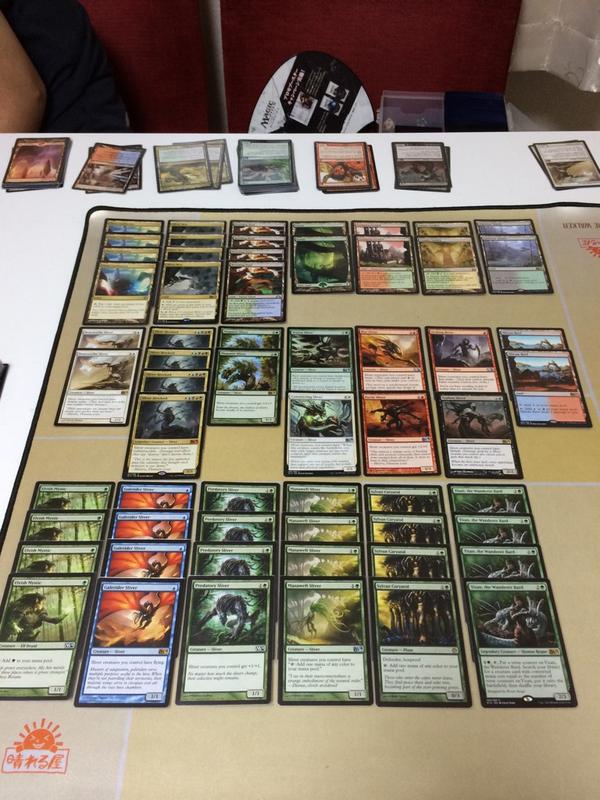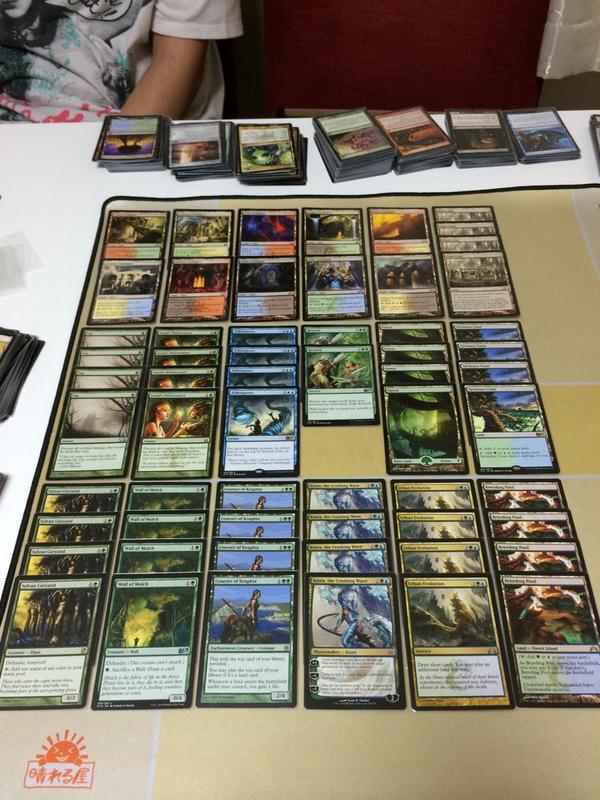I've been out of MTG since the last Alara block, I do miss playing in large groups.
Anyway, I was watching storage wars because my father-in-law had the tv on A&E or something the other day. I was a bit annoyed by the show, even though I know the show is completely contrived, because they had a segment on some found MtG cards. I this segment, they find a box and a binder with Magic cards in it. Now what you can see of the cards in the binder and in the box, they are all from Timespiral. Now, that series is from late 2006. All cards visible look to be from timespiral, and there is only a binder and a shoebox full of cards. Seeing as how I played and collected over a period of three years, I have 6 large boxes full of cards, I know a shoebox is a very tiny collection when it comes to MtG. Now to the part that I found annoying, when the dudes brought this shit collection to the dealer and the dealer pretty told them it was worthless, out from a secret pocket in the binder comes a Black Lotus. So this tiny ass collection of 99% cards from 2006 just happens to contain the rarest MtG card? Yeah, that's bullshit.
Now, I know it's my own fault for paying attention to this show, and I know the show doesn't reflect reality accurately, and I know they do things like I just explained to make the show interesting, but it just annoyed me. I guess I think it is a little funny that the dealer didn't seem all that surprised that the guys just happened to pull out a black lotus.




